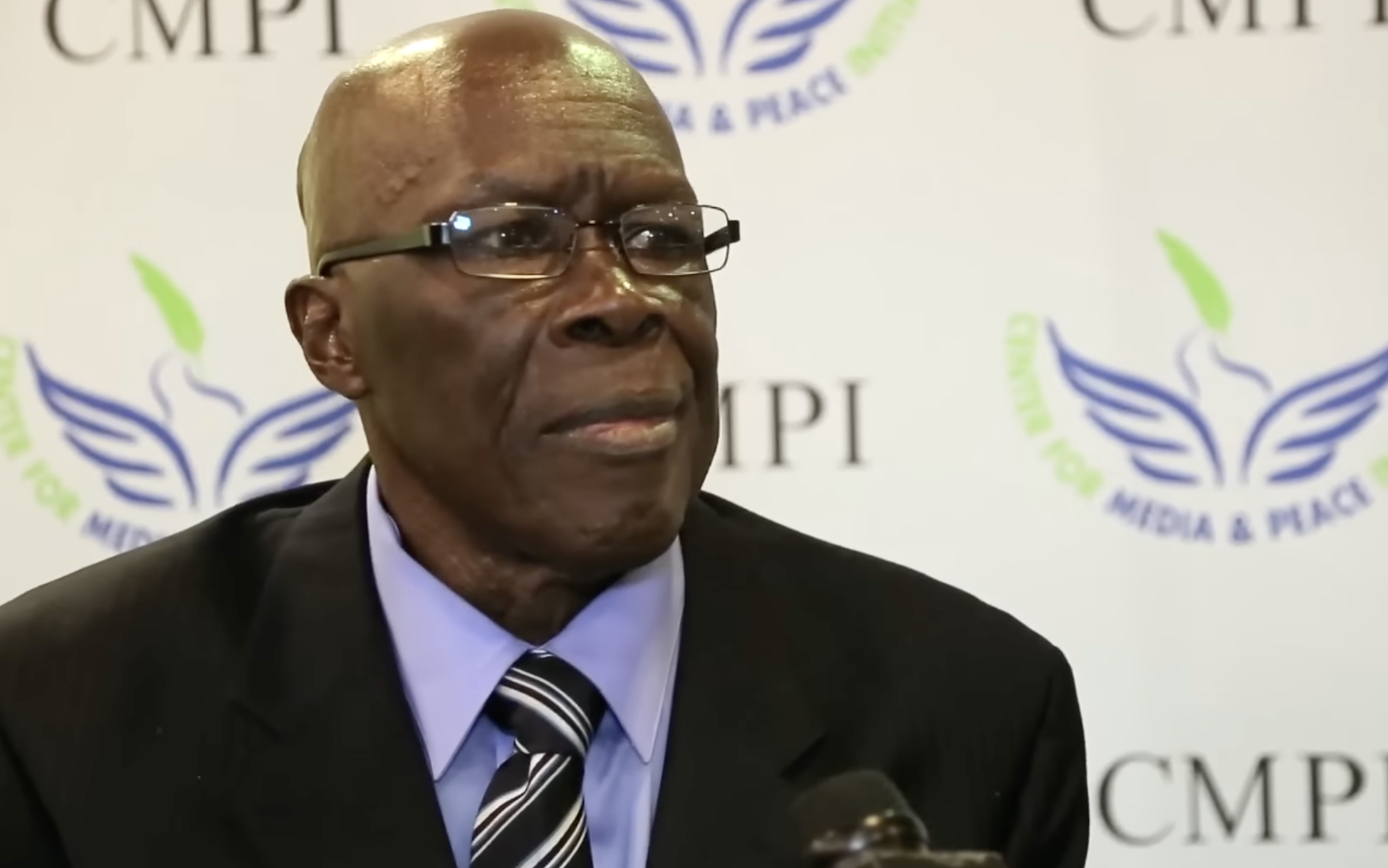Courts side with senior living community over case alleging negligence in separation of married residents - McKnight's Senior Living
A Massachusetts assisted living and memory care community cannot be held liable for breach of contract or negligence after refusing to allow a married couple to continue living together once the wife’s health deteriorated to a level that required a substantially higher care level, according to an appellate court panel.
Legal experts say that providers can expect more of this type of case in the future as assisted living communities continue to accept residents with advanced needs.
A Massachusetts Appeals Court three-judge panel upheld a lower court ruling centering around a case brought by the estate of Constance and John Dodge. A lawsuit filed by the couple’s estate against Brightview Concord River and parent company Brightview Senior Living alleged breach of contract, negligence, wrongful death, intentional inflection of emotional distress and unfair and deceptive trade practices over assurances that the couple could “age in place” together regardless of their medical needs.
Within months of moving into Brightview Concord River in Billerica, MA, Constance Dodge was hospitalized with chronic back pain, according to court documents. The community reportedly informed the couple that she could not return to the assisted living residence unless they hired a private aide to meet her care needs.
Even with the aide, Constance Dodge’s health continued to deteriorate to the point the community said it no longer could meet her care needs. She left Brightview for a rehabilitation facility in 2015 and was joined a short time later by her husband. John died in 2016, and Constance died several months later, in 2017.
A lawsuit filed by the couple’s estate argued that Brightview Senior Living breached its contractual duty to allow the Dodges to “age in place” regardless of their medical conditions. The suit further alleged that Brightview’s actions forcing Constance Dodge to move to another facility caused stress on the couple that hastened their deaths.
Superior Court Judge John T. Lu granted summary judgment to Brightview and a directed verdict on claims for unfair and deceptive trade practices.
The appellate court panel affirmed that ruling and identified assisted living among the continuum of long-term care providers that requires expert testimony in breach-of-standard-of-care cases. The panel found that the negligence claims hinged on an understanding of the Dodges’ individualized services plans, Brightview’s staffing levels and staff training requirements, underscoring the argument that assisted living providers are not medical providers.
The plaintiffs also argued that Brightview’s contract was ambiguous regarding promises made that the couple could remain together in the community despite future medical needs. But the courts found that the contract included an integration clause stating that the residence agreement superseded all prior agreements, whether written or oral.
Legal experts told Massachusetts Lawyers Weekly that the case is just the “tip of the iceberg,” and they expect to see similar cases into the future based on the rising care needs of today’s assisted living residents.
“Usually, the claim against an assisted living provider is that they didn’t tell a resident [of the need to move to a facility equipped to provide heightened care], and that [the defendant] profited by keeping them in a facility for financial gain,” Joseph M. Desmond, a partner at Morrison Mahoney LLP, told Massachusetts Lawyers Weekly. “In this case, the resident’s illness had advanced to the point where it was appropriate for a higher level of care. The family didn’t want to hear it.”











